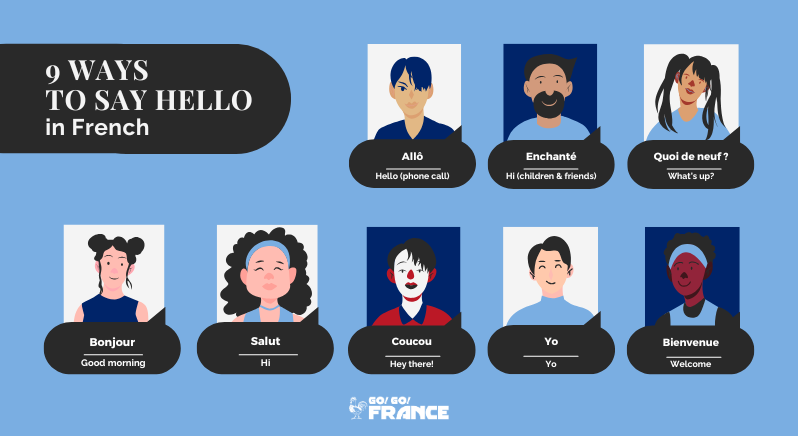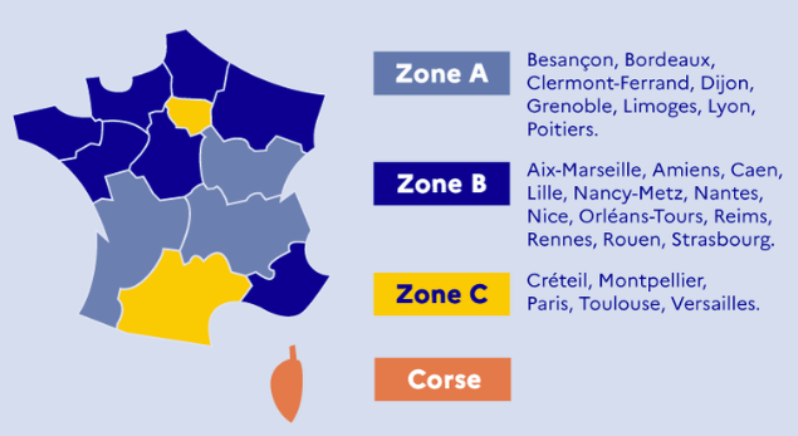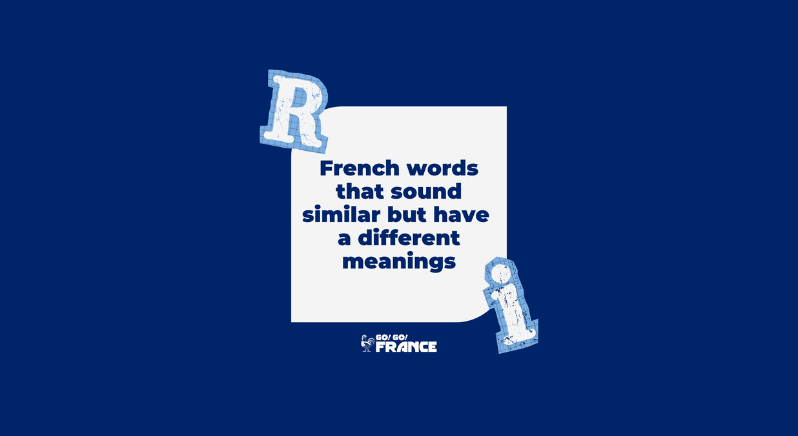Whether through language, cuisine, or tradition, French people have perfected the ways in which they express affection.
In this guide, we’ll explore the various ways in which French people express love, allowing you to embrace the charm of romance in France.
Verbal expressions of love
Vocabulary to express love
| French | English | Example |
| Mon amour | My love | Mon amour, tu es tout pour moi. My love, you are everything to me. |
| Mon ange | My angel | Tu es mon ange, ma lumière dans l’obscurité. You are my angel, my light in the darkness. |
| Mon trésor | Mon trésor | Tu seras toujours mon trésor le plus précieux. You will always be my most precious treasure. |
| Ma vie | My life | Tu es ma vie, mon univers. You are my life, my universe. |
| Mon cœur | My heart | Mon cœur bat pour toi. My heart beats for you. |
| Mon chéri / ma chérie | My darling | Mon chéri, je t’adore plus que tout. My darling, I adore you more than anything. |
| Je suis fou/folle de toi | I’m crazy about you | Je suis folle de toi, tu es tout ce que j’ai toujours voulu. I’m crazy about you; you’re everything I’ve ever wanted. |
| Je pense à toi | I think of you | Je pense à toi chaque jour. I think of you every day. |
| Tu me manques | I miss you | Tu me manques tellement quand tu es loin. I miss you so much when you’re far away. |
| Je t’aime | I love you | Je t’aime plus que tout. I love you more than anything. |
Tone and inflection
The tone and inflection of one’s voice can convey a range of emotions in French romantic exchanges. A soft, gentle tone can express love and tenderness, while a playful or teasing inflection can communicate flirtation and excitement. The nuances of vocal expression often enhance the meaning of words, making them more impactful.

Non-verbal expressions of love
Flirting
Flirting in French culture is often subtle, sophisticated, and deeply rooted in charm and wit. It typically involves playful banter, light teasing, and an air of confidence. Flirting may include non-verbal cues like a lingering smile, a knowing glance, or a gentle touch on the hand.
Gestures of affection
In French culture, physical touch is an important way to express affection. Simple gestures such as holding hands, gentle touches on the arm, or a warm hug can speak volumes about one’s feelings. These gestures are often more intimate than verbal expressions and can signify comfort and closeness in a relationship.
Eye contact
Eye contact is another crucial element in conveying love and attraction. A lingering gaze can create a deep emotional connection, suggesting interest and intimacy. The French are known for their romantic glances, which can communicate desire and affection without the need for words.
Body language
Body language can significantly influence the interpretation of feelings in a romantic context. For instance, leaning in closer during conversations or mirroring each other’s movements can signify attraction and connection.

Cultural practices surrounding love
Expressions of affection
Public displays of affection are a common aspect of French culture, where acts such as holding hands, kissing in public, and sharing intimate moments in cafés are widely accepted and celebrated.
Dating practices
Dating in France often carries a casual yet intimate approach, with an emphasis on connecting over shared experiences. Traditional dating rituals include dining at cafés and attending cultural events, which foster meaningful interactions. French dating tends to prioritize enjoyment and companionship, allowing relationships to develop organically.
Romantic ideals
The French often idealize romance through literature, cinema, and art, portraying love as a complex and multifaceted emotion. The iconic movie Le Fabuleux destin d’Amélie Poulain is a perfect example of this idealized romance.
Valentine’s day
Valentine’s Day, or La Saint-Valentin, holds a special place in French culture as a celebration of love and romance. Romantic dinners at cozy bistros or elegant restaurants are a popular tradition, offering a chance to connect deeply and celebrate their bond.
Learn more about Valentine’s day in France here: https://gogofrance.com/en/blog/how-to-celebrate-valentine-day-in-france/











